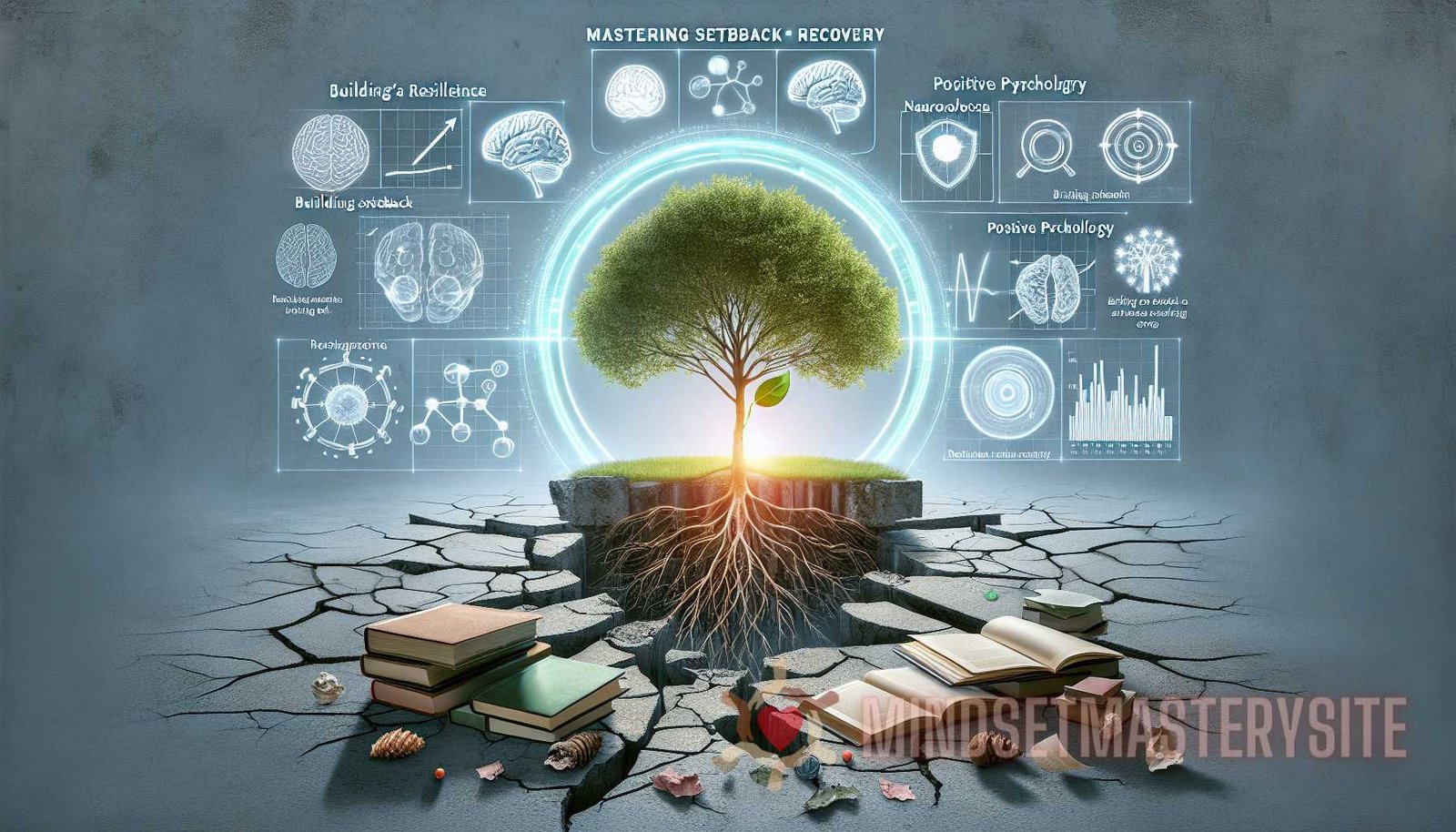Resilience Training: Bouncing Back Stronger from Setbacks
Life is full of challenges and setbacks that can knock us off course and make it difficult to keep moving forward. Whether it’s a personal loss, a professional setback, or a health crisis, these obstacles can leave us feeling overwhelmed and defeated. But resilience training can help us develop the inner strength and mental toughness needed to bounce back stronger from adversity.
Resilience training refers to a set of techniques and strategies that help individuals build their capacity to recover and thrive in the face of adversity. It is a process of developing resilience, which is the ability to adapt and recover from life’s challenges, setbacks, and traumas.
Resilience is not something we are born with; rather, it is a skill that can be developed and strengthened through practice and training. Just like physical fitness, resilience requires regular exercise and conditioning to become stronger and more resilient.
The Benefits of Resilience Training
Resilience training offers a wide range of benefits that can positively impact various areas of our lives. Here are some of the key benefits:
- Improved mental health: Resilience training can help reduce symptoms of stress, anxiety, and depression, and promote overall mental well-being.
- Enhanced emotional well-being: Resilience training equips individuals with the tools to manage their emotions and respond to difficult situations in a balanced and healthy way.
- Increased self-confidence: By learning to overcome challenges and setbacks, individuals build confidence in their ability to handle future obstacles.
- Greater motivation and determination: Resilience training can boost motivation and determination, enabling individuals to stay focused on their goals.
- Improved relationships: Resilience training enhances communication skills, empathy, and understanding, leading to improved relationships with others.
- Enhanced problem-solving and decision-making skills: Resilience training equips individuals with the ability to think critically and make effective decisions even in challenging situations.
The Five Pillars of Resilience
Resilience training typically focuses on developing and strengthening five key pillars of resilience:
- Self-awareness: Resilience begins with self-awareness. Understanding one’s strengths, weaknesses, and emotions is crucial for building resilience.
- Optimism: Adopting an optimistic mindset is essential for overcoming setbacks and maintaining a positive outlook despite difficult circumstances.
- Self-care: Taking care of one’s physical, emotional, and mental well-being is vital for building resilience. This includes practices like exercise, healthy eating, and sufficient rest.
- Adaptability: Being flexible and adaptable in the face of change and uncertainty is an important aspect of resilience. This involves developing problem-solving skills and the ability to adjust to new situations.
- Social support: Building strong connections and having a support network of friends, family, and mentors is crucial for developing resilience. Social support provides a source of encouragement, guidance, and perspective in difficult times.
Resilience Training Techniques
Resilience training utilizes a variety of techniques and strategies to help individuals build resilience. Here are some effective techniques commonly used in resilience training:
- Mindfulness and meditation: Mindfulness and meditation practices help individuals cultivate a state of present-moment awareness, reduce stress, and enhance emotional well-being.
- Positive self-talk: Engaging in positive self-talk involves replacing negative thoughts and beliefs with positive affirmations and statements. This technique helps individuals develop a more optimistic mindset.
- Goal setting: Setting realistic and achievable goals provides individuals with a sense of purpose and direction, fostering motivation and determination.
- Problem-solving skills: Developing problem-solving skills enables individuals to approach challenges in a systematic and effective way, finding practical solutions.
- Stress management techniques: Learning stress management techniques, such as deep breathing, relaxation exercises, and time management, can help individuals better cope with stress.
- Building social connections: Actively seeking and developing social connections and supportive relationships is critical for building resilience.
The Science Behind Resilience Training

Resilience training is grounded in scientific research and draws upon various disciplines, including psychology, neuroscience, and positive psychology. Studies have shown that resilience can be cultivated and strengthened through specific exercises and interventions.
A study published in the American Psychologist in 2015 found that resilience training programs were effective in reducing symptoms of depression, anxiety, and post-traumatic stress disorder (PTSD). The researchers concluded that resilience training can enhance mental health and well-being.
Another study published in the Journal of Psychiatric Research in 2019 found that resilience training was associated with improved coping skills and reduced psychological distress among individuals experiencing a major life stressor. The researchers concluded that resilience training can help individuals better navigate and recover from challenging life events.
These studies highlight the effectiveness of resilience training in promoting mental health and well-being, and its potential to help individuals bounce back stronger from setbacks.
Resilience Training in Practice
Resilience training can be incorporated into various aspects of our lives to help us build resilience and bounce back stronger from setbacks. Here are some practical ways to incorporate resilience training:
- In the workplace: Resilience training programs can be implemented in organizations to help employees develop resilience and cope with work-related stress and challenges.
- In schools: Resilience training can be integrated into school curricula to help students develop the skills and mindset needed to navigate academic and personal challenges.
- In personal life: Engaging in resilience training exercises and techniques individually can help individuals build their capacity to cope with setbacks and thrive in their personal lives.
Resilience training can be delivered through various formats, including workshops, online courses, and one-on-one coaching. The key is to find a format and approach that works best for each individual.
Conclusion
Resilience training is a powerful tool that can help individuals develop the inner strength and mental toughness needed to bounce back stronger from setbacks. By building resilience, individuals can better adapt, recover, and thrive in the face of adversity. Through self-awareness, optimism, self-care, adaptability, and social support, individuals can develop and strengthen their resilience. With the help of effective techniques and strategies, individuals can cultivate their resilience and navigate life’s challenges with greater confidence and success. Resilience training is grounded in scientific research and offers a wide range of benefits for mental health, emotional well-being, and overall personal growth. By investing in resilience training, individuals can enhance their ability to face life’s obstacles and achieve their goals.
External Link: For more information on resilience training, you can visit https://en.wikipedia.org/wiki/Resilience_(psychology).
Internal Links:
You can learn more about thriving through adversity in the article “Thriving Through Adversity: Unveiling the Transformative Power of Personal Growth“.
Discover the power of resilience training in overcoming setbacks in the article “Bounce Back Stronger: Unleashing the Power of Resilience Training for Overcoming Setbacks“.



